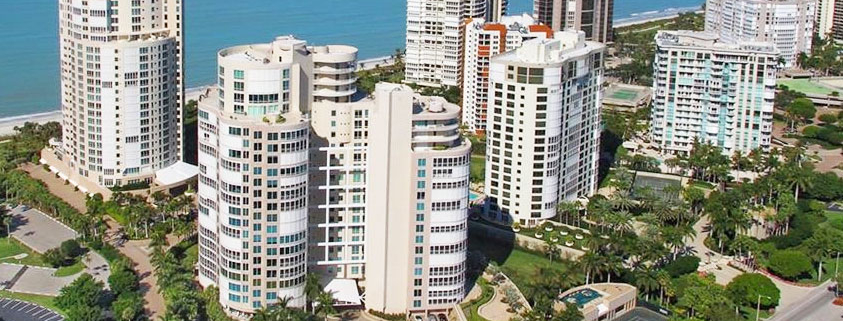How associations can approve and pay for improvement projects
With many of the local condominium and homeowners’ associations clubhouse buildings now reaching 30 to 40 years of age, many associations are looking at doing major remodeling projects to the inside or outside of the buildings to keep their look competitive with new products reaching the market.
Because such improvements are considered material alterations, it first must be determined if a membership vote will be required to make the changes to the common elements or the common areas.
Section 718.113(b), Florida Statutes provides that: “there shall be no material alteration or substantial additions to the common elements or to real property which is association property, except in a manner provided in the declaration as originally recorded or as amended under the procedures provided therein. If the declaration as originally recorded or as amended under the procedures provided therein does not specify the procedure for approval of material alterations or substantial additions, 75 percent of the total voting interests of the association must approve the alterations or additions.”
Therefore, in condominium associations, you need to first look at the declaration to determine what vote of the membership will be required for the material alteration remodeling. If the declaration is silent, then you will need the 75 percent approval vote of the members.
For homeowners’ associations (HOAs), there is no similar provision in Chapter 720, Florida Statutes. Therefore, you would look to the declaration of covenants to see if any membership vote is required. Typically in HOAs, no membership vote is required, so the association board and/or architectural review committee can decide on the alteration.
After determining what vote is needed to make the changes, you must then decide how the alterations will be paid for. There are four ways to pay: 1) use operating funds or increase the budget to raise the assessments for the next year, 2) levy a special assessment, 3) borrow money from a bank or financial institute, or 4) borrow from reserves.
Usually, you do not have enough extra money in the association’s operating account to pay for the remodel project, so if you are not going to do the work until the next year, you can increase next year’s budget to cover the costs. As the board approves the budget, you probably don’t need a membership vote.
However, most associations don’t want to make large increases in their regular assessments from one year to the next because members plan their personal budgets on paying about the same every month or every quarter for their regular assessments.
Instead, you could levy a special assessment wherein the members have to pay one or more lump sums over time to cover the costs. You may or may not need a membership vote for the special assessment depending upon what your bylaws or declarations provide.
The next option is to borrow the money from a bank. Most associations don’t need a membership vote for the association to borrow money, but check your governing documents because some require a membership vote to borrow. You can pay back the bank loan over time, then with spread out increases to the future annual budgets. You will also have to factor in interest.
The last option is to borrow from reserves. If you have not set aside a reserve line item for remodeling, you will definitely need a vote of the members in a condominium to borrow reserves and you might need a vote in a HOA.
Section 718.112(2)(f)3, Florida Statutes provides that: “Reserve funds and any interest accruing thereon shall remain in the reserve account or accounts, and may be used only for authorized reserve expenditures unless their use for other purposes is approved in advance by a majority vote at a duly called meeting of the association.”
A similar provision is provided in Chapter 720 for HOAs requiring a membership vote to borrow from reserves if reserve accounts were established by the developer or the membership elected to provide for reserves.
So make sure you get the proper vote of the members or the board before you start on that upgrade remodel project.

